Features
INTERVIEW: Physician & Resident Ophthalmologist, Dr. Aaron D. Dotson, MD, Talks Black Men in White Coats, COVID-19 Dos & Don’ts, Healthcare Disparities, Moving to Iowa for Residency, and More…
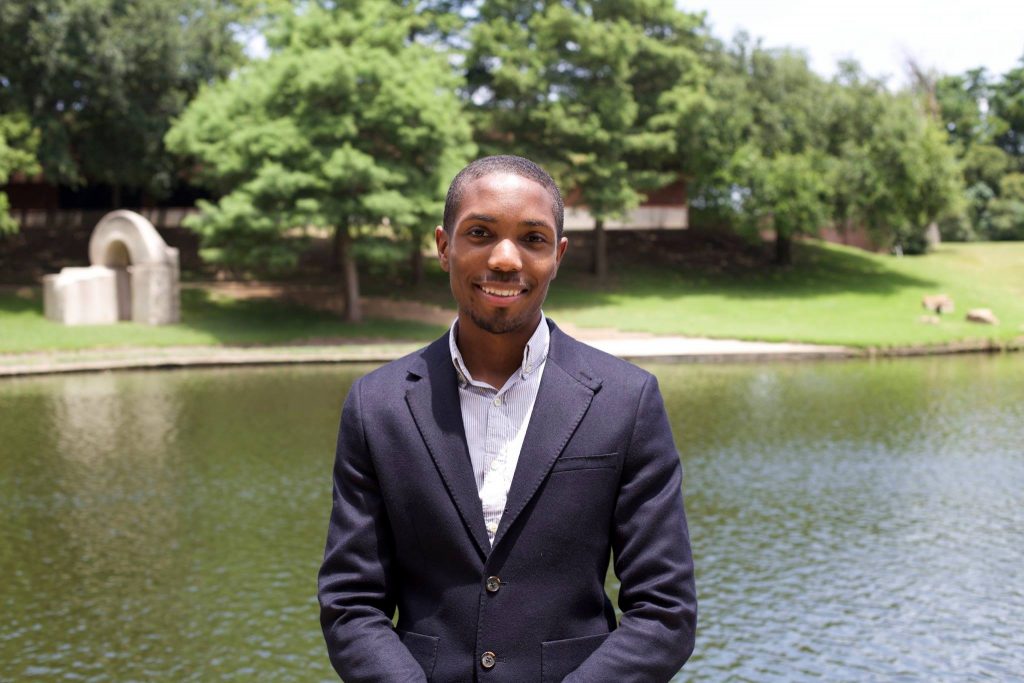
Dr. Aaron D. Dotson, MD is a native to Los Angeles, California, His career goal is to sub-specialize in ocular & facial plastic & reconstructive surgery.
Dr. Dotson knew he wanted to be a physician from a very young age and his passion about treating under-served and disadvantaged communities, as made him devote countless hours volunteering at various free clinics and speaking to local communities about healthcare disparities that particularly effect minority patients. He’s also driven to increase diversity within medicine overall, as he’s mentored several minority pre-medical students in being accepted at top US medical schools and has been featured both on NBC’s Today Show and in Forbes for his contributions in the organization Black Men in White Coats.
With a very bright future ahead, Dr. Dotson hopes to share his passion with the world in effort help patients achieve their optimal health and to inspire others to chase their dreams.
Check out my interview with Aaron below:
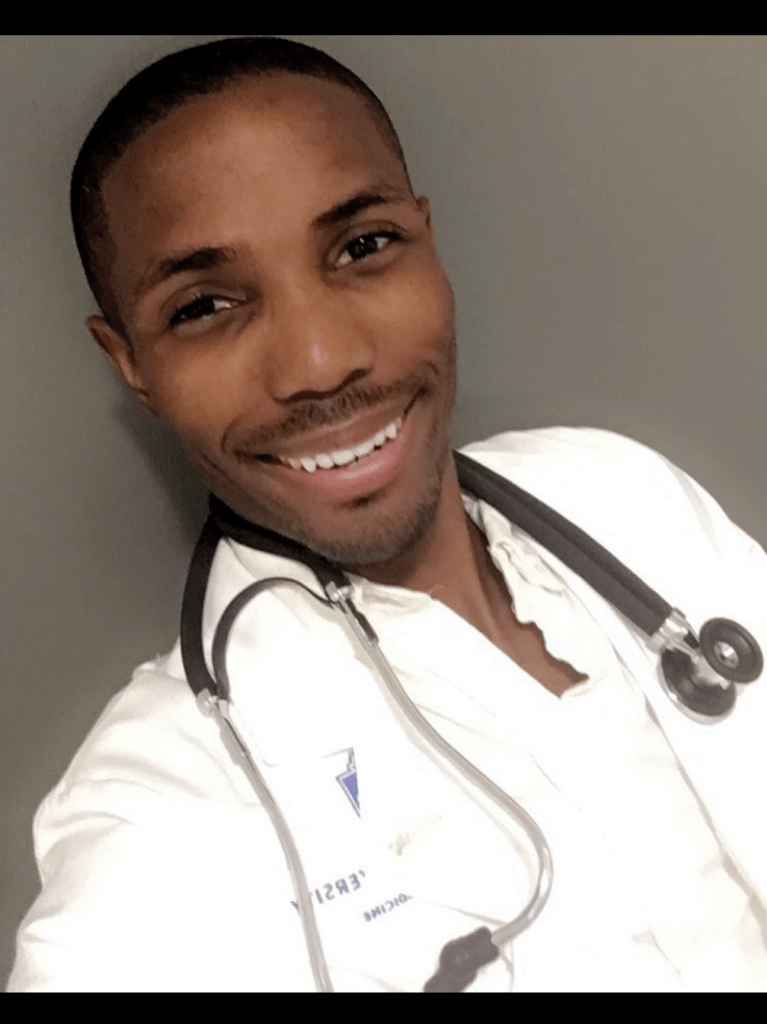
Hey Aaron! Would you like to introduce yourself to our readers?
My name is Dr. Aaron D. Dotson, MD, and I’m originally from Los Angeles, California, attended college at The University of Texas at Dallas, where I studied neuroscience and classical piano, recently completed my medical education at Saint Louis University School of Medicine, and will soon begin my residency training at one of the nation’s top ophthalmology programs, The University of Iowa.
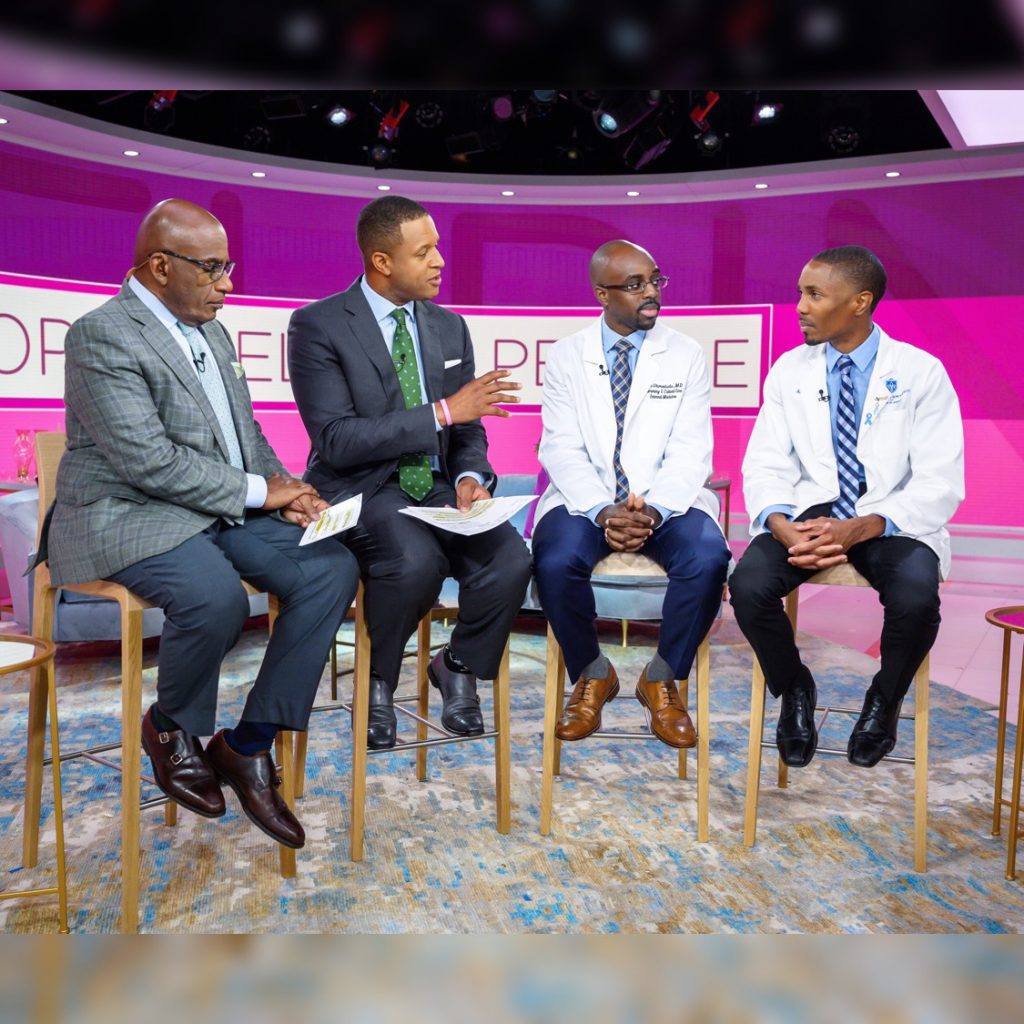
Talk me through an average day in the life of you?
Things have been a bit difference since the beginning of the COVID-19 pandemic. Because of cancelled medical rotations, I’ve been done with medical school since mid-March. Since I will embark on the difficult journey of residency soon, I’ve decided to take some time to rest, relax, and recharge.
A typical quarantine day for me includes beginning the morning with daily positive affirmations to boost the spirit, and to develop a game-plan to complete the tasks for the day. I find having a healthy balance of business and relaxation does the mind very well. I often spend time reading up on current events, paying particular attention to healthcare news, in addition to reviewing management of common medical diseases to ensure my mind is prepared to begin residency in July. I’m very passionate about service and volunteerism. Even while being quarantined, I find time to work on various projects remotely, like reading books to local elementary schools, or helping aspiring physicians in preparing their medical school applications. I typically end my quarantine days by exercising, either with an at-home workout, or by taking a walk outside while abiding by the social distancing guidelines.
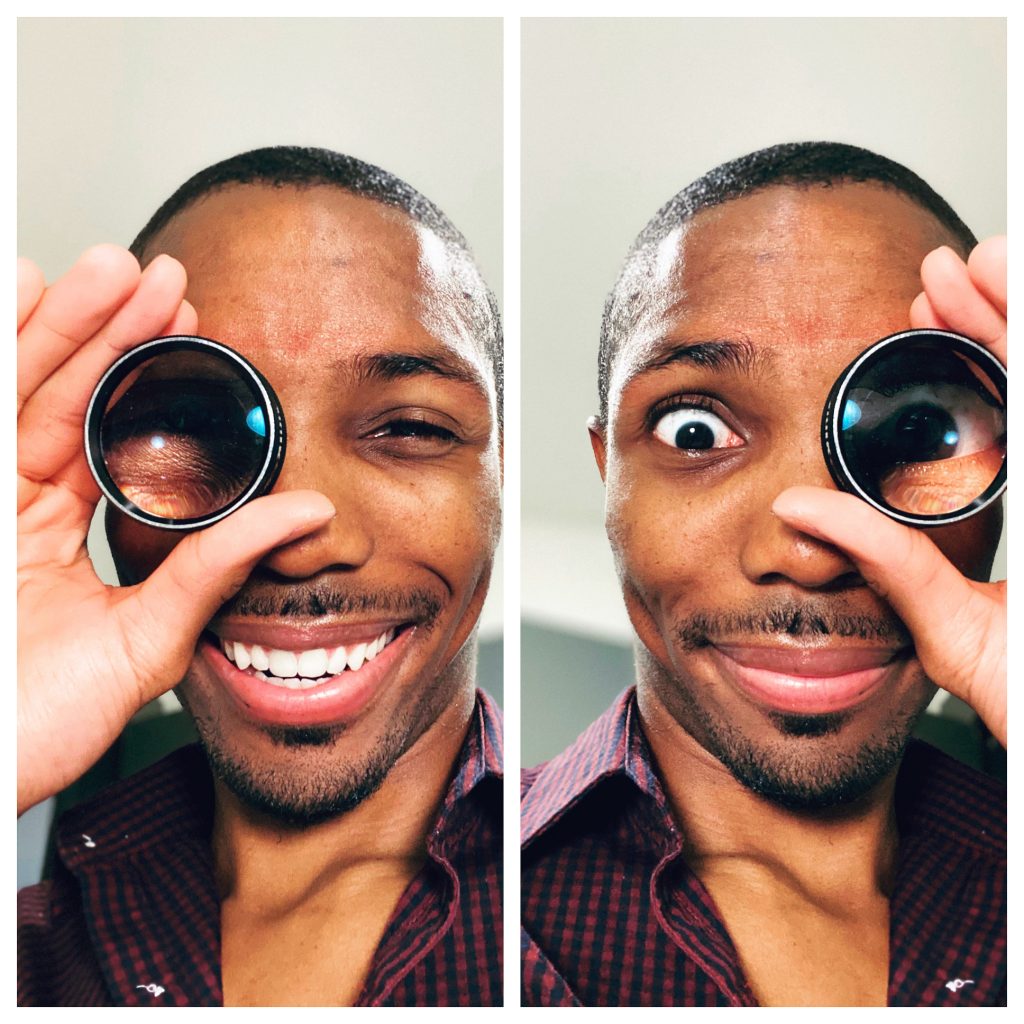
What institution(s) did you attend and what did you study?
I attended college at The University of Texas at Dallas, where I studied neuroscience and classical piano. While in college, I attended the Summer Medical and Dental Education Program (SMDEP) at the Yale School of Medicine in 2012, the Summer Internship Program (SIP) at The Johns Hopkins School of Medicine, Department of Pulmonary and Critical Care Medicine in 2013, and was selected to be the commencement speaker for the UT Dallas School of Behavioral and Brain Sciences in May 2015.
I completed medical school at Saint Louis University (SLU) School of Medicine in St. Louis, Missouri. While in medical school, I served as the Co-President for the SLU Chapter of the Student National Medical Association, dedicated countless hours of medical research to compete publications in Cosmetic Plastic Surgery, Urology, and Ophthalmology, and was hand-selected to be a part of multiple search committees.
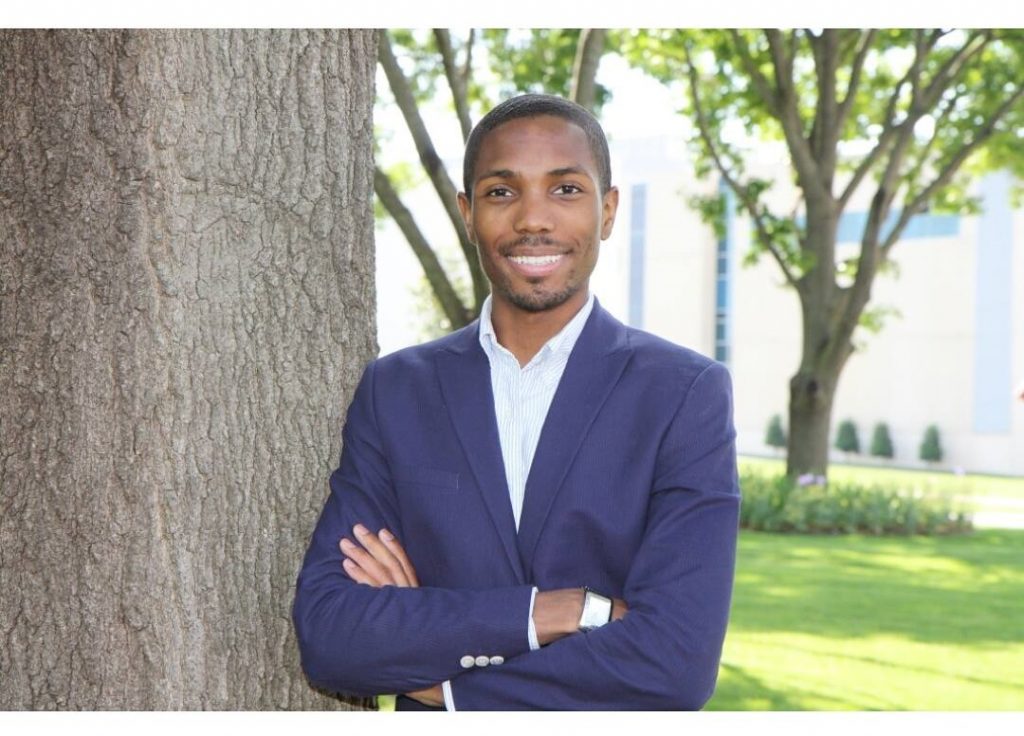
When and what made you develop such passion for medicine?
My passion and love for medicine began as a child. I would often accompany my mother to her doctor’s appointments. Her Primary Care Physician, Dr. G, was the first black male doctor I had ever met, and I wanted to be just like him. He quickly noticed my interests in medicine, and gave me the opportunity of a lifetime to shadow with him whenever I wanted. Over the years, Dr. G taught me the importance of compassion, empathy, and academic excellence. His patients loved and trusted him simply because he kind, was an excellent listener, and cared. I promised him that I would continue his principles throughout my medical career.
My passion for medicine was further confirmed while attending college. While in college, I attended the Summer Medical and Dental Education Program (SMDEP) at the Yale School of Medicine in 2012, the Summer Internship Program (SIP) at The Johns Hopkins School of Medicine, Department of Pulmonary and Critical Care Medicine in 2013. These programs granted me the opportunity to shadow physicians in various specialties and to conduct medical research. I also developed lifelong friendships with other program participants, many of whom are either current doctors today, or are near completion of their medical education.
I always had a fascination for surgery while in college, and my passion would be further confirmed during my junior year, where I was given the opportunity to perform and teach rodent stereotactic neurosurgery for a special research project focusing on alcohol and drug addiction in mice and rats. After tying the final stitch of my first surgery, I knew that I was given a gift, and I knew at that moment that I was going to become a surgeon for life.
While in medical school, I kept an open mind, and fell in love with bits and pieces of every specialty. I enjoyed the outpatient nature of Family Medicine because my patients weren’t too sick. I enjoyed taking the time to explain their medical diagnoses along with simply talking about life. I enjoyed my surgery rotation because of the required technical skills needed to navigate complex procedures. It wasn’t until my 3rd year of medical school where I would discover a true gem of medicine, Ophthalmology. While looking at a list of options to complete a 2 week career exploration elective, I chose Ophthalmology at random since I had never worked within the department before. From day 1, the lightbulb turned on, and I knew it was the specialty for me! It had the perfect combination of outpatient medicine and surgery. The surgeries were extremely delicate, but relatively short compared to other marathon cases. In clinic, you’re utilizing intricate tools to directly assess pathology on-site without having to draw blood. I loved the fact that in Ophthalmology, many medical conditions can be easily fixed, thus allowing for relatively instant gratification. I finally enjoyed knowing that Ophthalmologists are some of the happiest surgeons with one of the best overall lifestyles. They love what they do. From there on out, I knew that I, too, wanted to become an eye surgeon.
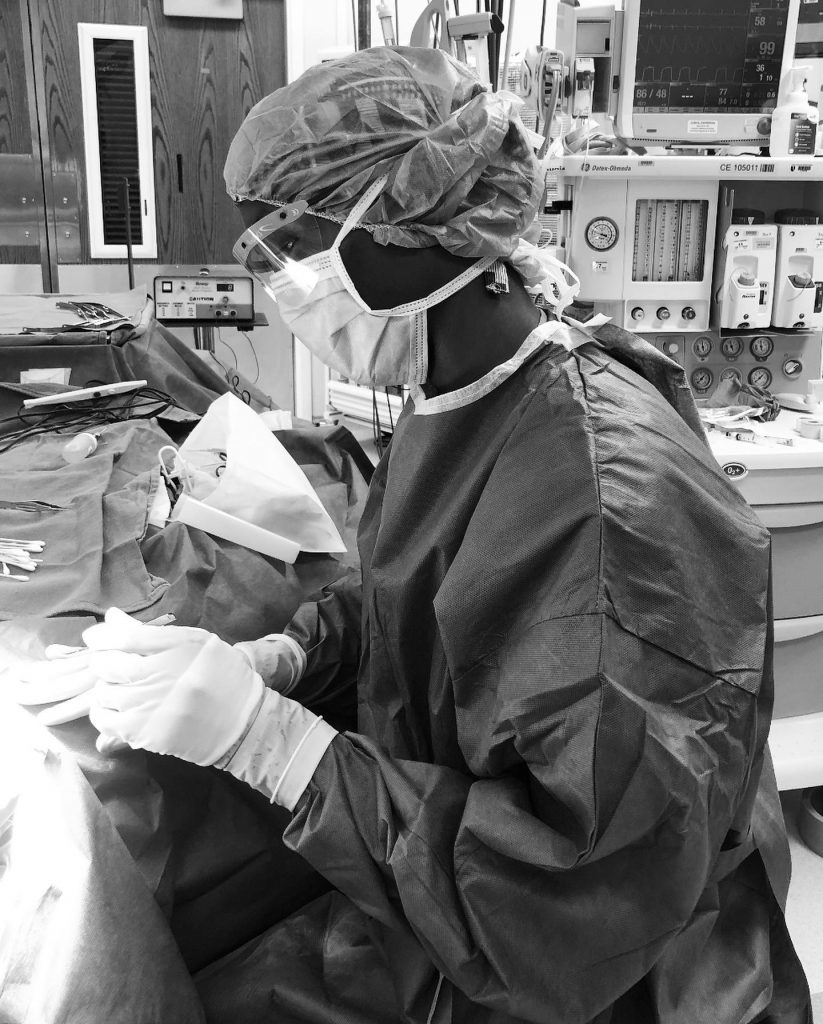
You will be starting your residency training at one of the United States’ most prestigious Ophthalmology program, The University of Iowa. Why that school and what are you looking to specialize while there?
The University of Iowa Department of Ophthalmology stands as one the nations best residency programs for a number of reasons. The department has received numerous accolades for it’s ground branding research discoveries, stellar resident education, and powerhouse for handling rare and abnormal pathology. The program especially stood out to me on the interview trail as they had some of the happiest residents, and the faculty and staff were extremely supportive of resident education. With strong surgical numbers within each sub-specialty, robust pathology coming in from all over the world, and an education that’s absolutely one to beat, I knew that Iowa Ophthalmology would be the place that I would call home.
You where recently featured on both “NBC Today Show” and in “Forbes” for the “Black Men in White Coats” project. Tell us more about it and what’s the main focus of the organization?
It was an absolute honor to have been featured both on the NBC Today Show and in Forbes for my work in the organization Black Men in White Coats (BMWC). BMWC began as an initiative to increase the number of black men entering the medical field. It’s shocking to know that there were fewer black men who entered medical school in 2014 compared to 1978. With that knowledge, the organization has developed numbers mentorship opportunities, multiple podcasts, and is in the works of creating a full length documentary. My work within the organization has been to be one of the many medical student ambassadors. I would often mentor aspiring doctors in getting into medical school and assisting those already in medical school in being successful academically and clinically. I plan to continue my work within the organization throughout my career as an eye surgeon. Just as Dr. G, a black man in a white coat, gave me the opportunity of a lifetime to go into medicine, I plan on doing the same in my future.
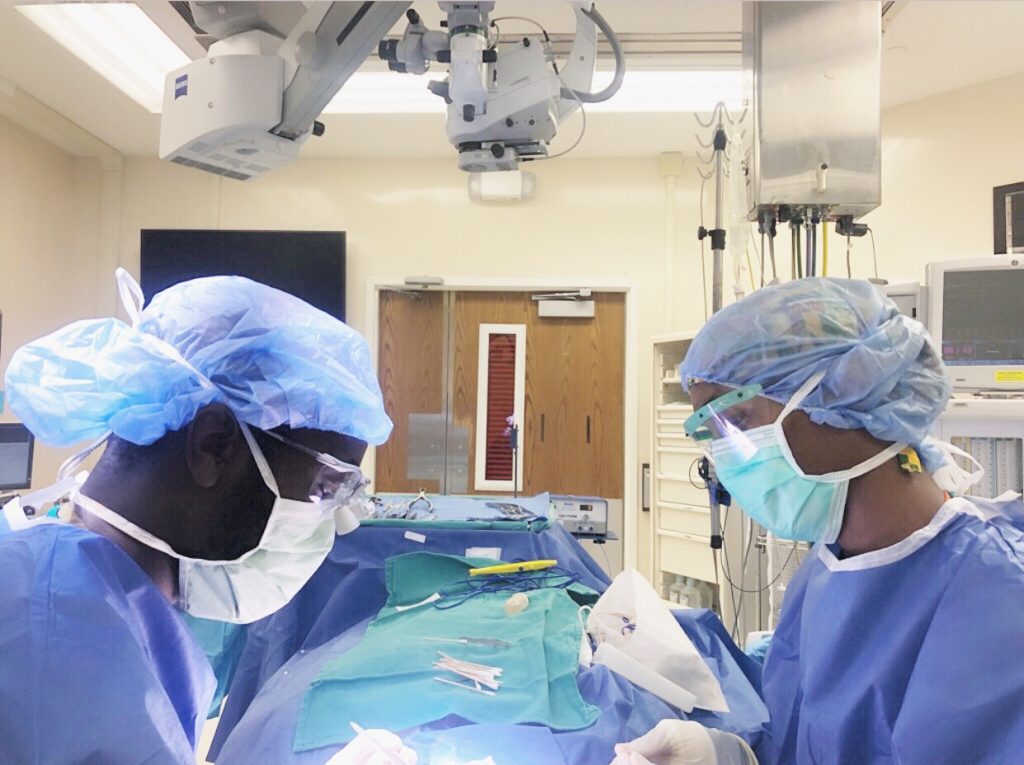
Tell me more about your love for medicine and how you use it to communicate through what you do on a daily basis?
I’m especially passionate about helping underserved and disadvantaged communities. While originally being from Los Angeles, I was born and raised in Inglewood, CA, a community that has often be plagued by medical disparities. Witnessing these disparities firsthand growing up in the form of poor access to adequate healthcare, lack of medical trust within the community, and reduced medical literacy amongst others, I vowed that my career in medicine would be devoted to bettering communities just like my hometown.
While in medical school, I devoted a significant amount of time volunteering at various free health clinics in St. Louis’ most at-risk communities. I would also volunteer time speaking with churches and local groups around St. Louis about healthcare disparities that particularly effect minority patients. I genuinely want to see as many people living happy, and healthy, achieving their optimal health. When minority communities actively see doctors and other healthcare professionals who look like them, who have been through similar life struggles, and who are culturally competent to empathize, they’re more likely to trust the healthcare system, they’re more likely to be compliant with their medications, and their overall quality of life will improve tremendously. This is why I do what I do. This is why being a black doctor matters in this day and age.
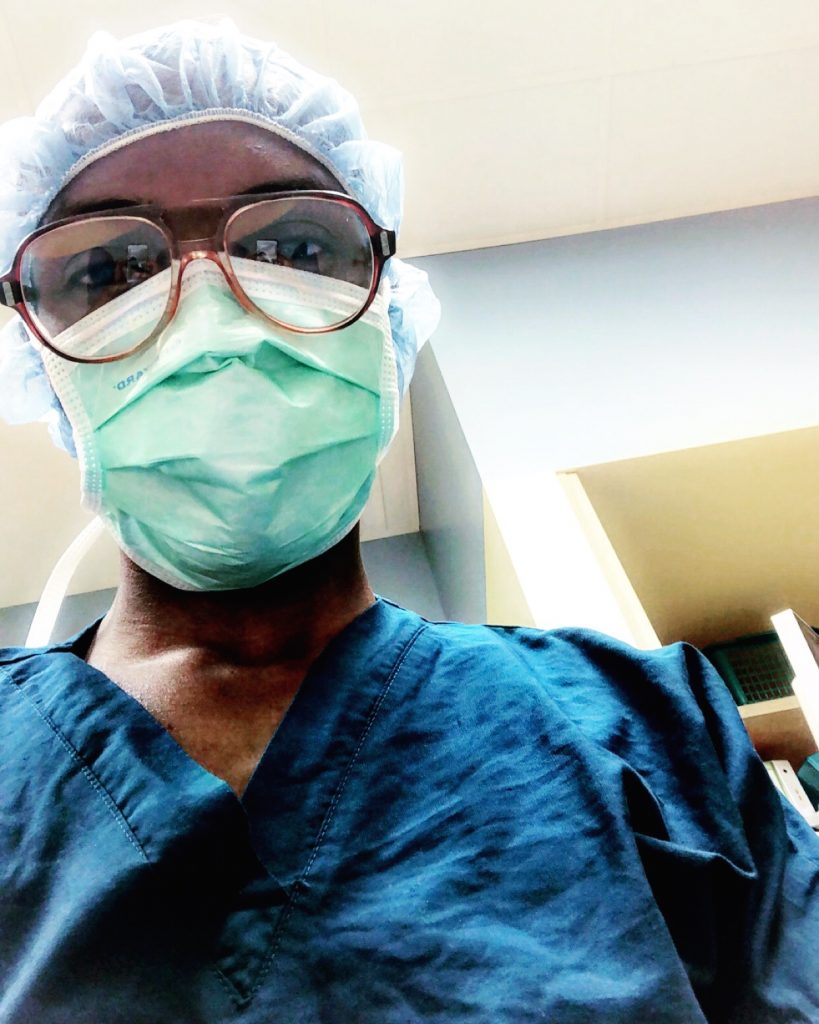
What’s your 5 Dos and Don’t when it comes to our health considering lots of us have been home for close to two months due to Covid-19 lockdowns?
Do’s:
- DO continue to practice social distancing until adequate treatment or a vaccine is developed. Social distancing has done an excellent job at helping to “flatten the curve” to prevent healthcare systems universally from being overwhelmed.
- DO continue common sense hygiene practices. Wash your hands with soap and water for 20 seconds. Make sure to wipe down common surfaces around your home with disinfectants that are documented to kill Coronavirus.
- DO find ways to keep your mental health intact. Call on family members and friends to see how they’re doing. Pick up a new hobby. Practice meditation. Try out a new recipe.
- DO try your best to exercise! Physical health and wellness is just as important as mental health. You can be innovative, and utilize items around the house to workout at home. There are plenty of useful and fun free exercise tutorials all over the internet!
- DO know that it’s OK to be OK, and it’s OK to not be OK. These current times shouldn’t be a competition of who can be the most productive. Do what’s right for YOU. If you want to be productive, go for it! If you want to relax, go for it! If you’re not feeling mentally stable, please do not hesitate to reach out to family/friends or your local healthcare provider. We’re all in this together, and you’re not alone.
Don’t’s:
- DON’T believe in everything you hear or read over the internet. There’s plenty of false information circling around that’s perpetuating potentially dangerous practices that could actually harm the body or put someone at an even higher risk of contracting COVID-19. Stick to published evidence based models, as they’re the most accurate.
- DON’T panic! While these times are challenging for the entire world, we will get through this together! Trouble won’t last always, and neither will COVID-19.
- DON’T break the social distancing rules. These rules are in place to help protect not only yourself, but your loved ones surrounding you. Our data has actively shown that social distancing has reduced the relative rate of spreading the virus. Be smart, and stay healthy!
- DON’T try to hoard essential supplies that local hospitals are in need of. If you have a surplus of items at home (masks, gloves, etc.) consider donating them to your local hospital, as they can go towards helping to keep the community safe.
- DON’T fall prey of unhealthy habits while quarantined! I completely understand that being quarantined is not the most fun in the world, but it’s absolutely important to continue practicing healthy eating, mental, and physical habits. Try your best to eat a well balanced diet, continue taking any prescribed medications accordingly, and don’t be afraid to call your healthcare provider if you have any specific questions. Telemedicine has allowed for healthcare professionals to communicate with patients effectively to ensure optimal patient health. Take advantage of these opportunities if required. I personally am a big fan of taking a daily multi-vitamin with my dinner.
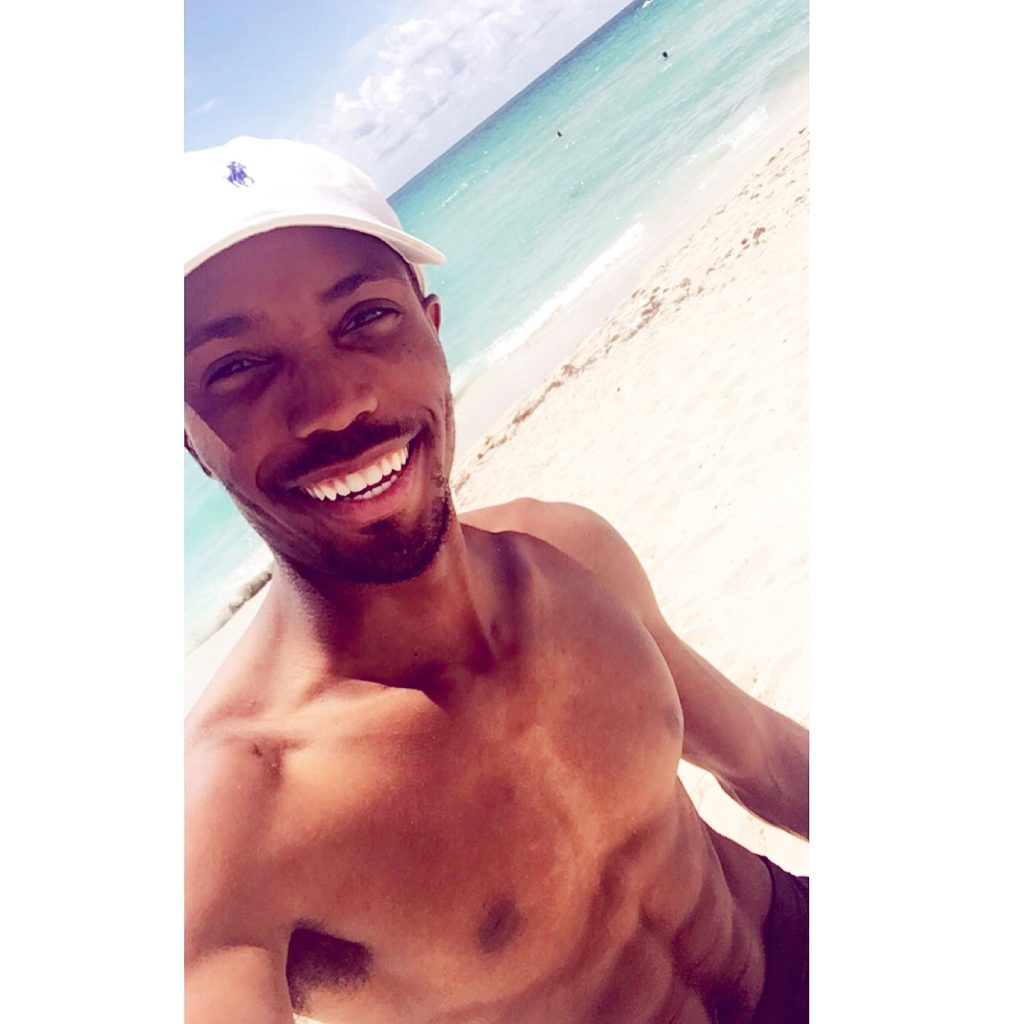
What do you do to stay in shape, do you go to the gym?
As a doctor, I believe in practicing in what I preach, in that physical wellness is essential for longevity. Prior to the quarantine, I would go to the gym 5-7 days a week. It was built into my daily routine and was my ability to relieve stress, self-reflect, meditate, and socialize with friends all at the same time! I would feel energized and happy after each workout knowing that I was one step closer of achieving my goal of prime physical fitness. Since we’ve been quarantined, I’ve been doing various home workouts involving weight lifting and high intensity interval training. My home workouts are also built into my daily routine, so that I have something to look forward to during my evenings. Same as before when I would physically go to the gym, I continue to feel happy, energized, and accomplished with each home workout.
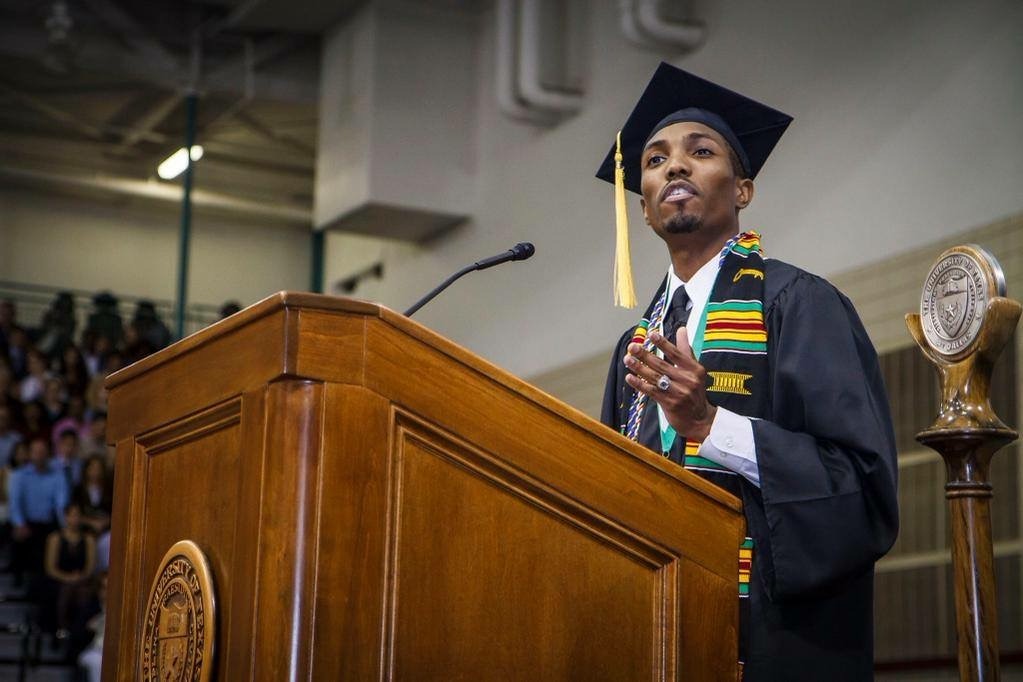
How do you balance your personal and work life?
Having a balance between work and personal life in medicine is absolutely essential. While I genuinely love what I do, I must take some time away from work to recharge. In addition to exercising, I truly enjoy traveling! After traveling most of the United States, my favorite destination would have to be Honolulu, Hawaii. It’s simply paradise with amazing beaches, breathtaking hiking, and a beautiful way of life. I look forward to traveling to Hawaii again in the future, once the world is safer. While I haven’t done too much international traveling, my favorite city outside of the US would be Paris, France. I loved the intricate architecture, the city being built on such rich history, and the amazing food and historical sites to visit.
Music also plays a significant role in my life. I’ve been playing classical piano for the last 18 years. I’m a past national competitor, and studied music in college as my minor. Music is my escape from the world, both in performance and simply listening to it. It’s not surprising that many surgeons are strong musicians and patrons of the arts.
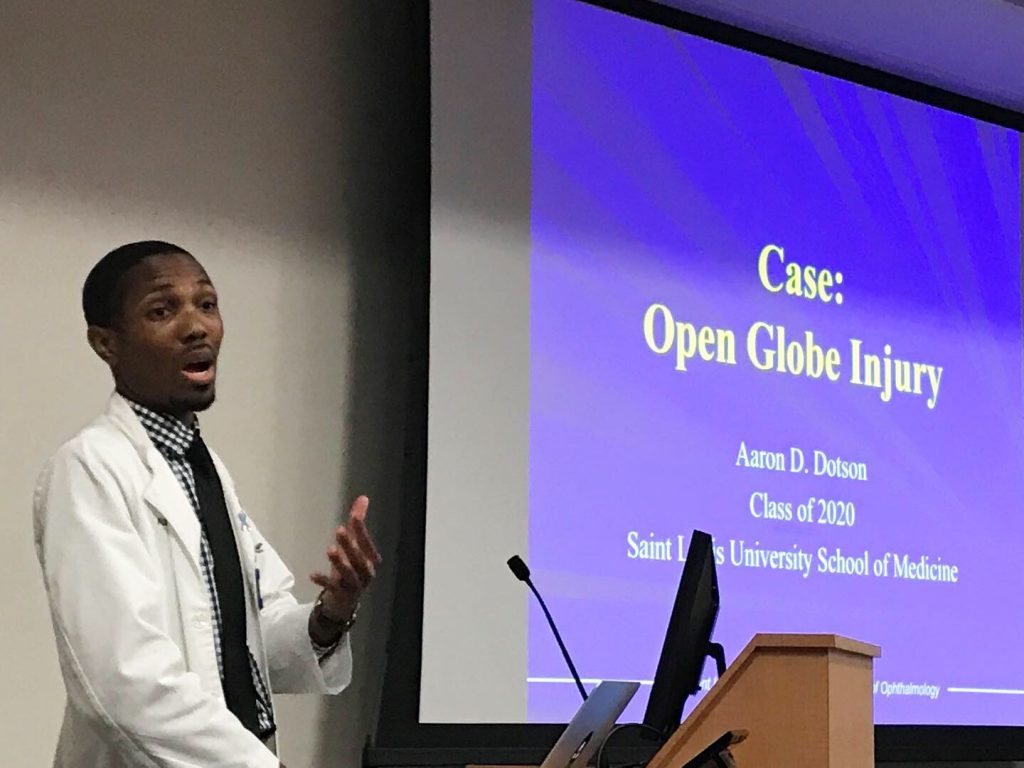
What do you consider the most common stereotype about the being a Resident Ophthalmologist?
A common stereotype encountered is that ophthalmology is a very “relaxed” specialty. While ophthalmology does provide a wonderful lifestyle, we do work tremendously hard both during our residency training, and throughout our careers. Disease and emergencies don’t stop simply because it’s involving the eyeball. It’s no uncommon to have an Ophthalmologist operating in the middle of the night because of an ocular injury or emergency. In our world, things can go from bad to worse very quickly, so we’re required to be prepared and ready to handle complex cases at a moments notice.
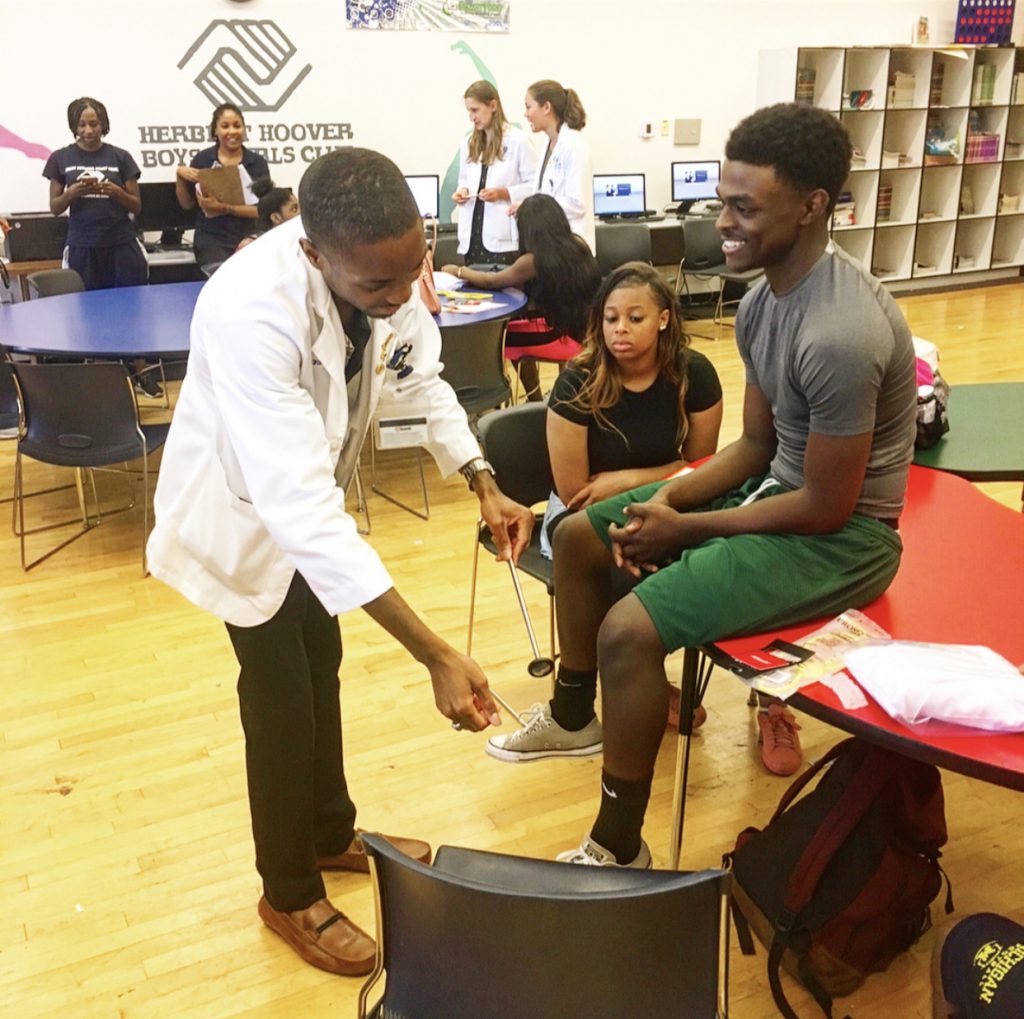
What aspect surprised you the most once you started in Medicine?
I’ve been the most surprised with the amount of research discovery and technological advancements both since beginning medical school, and within my lifetime overall. Ophthalmology is one of the best fields both for research and technology, as innovations in both are constantly being published and created on a monthly basis. Although the future of eye surgery is an unknown, I know that within my future, the procedures will be even more precise with even newer technological and techniques.
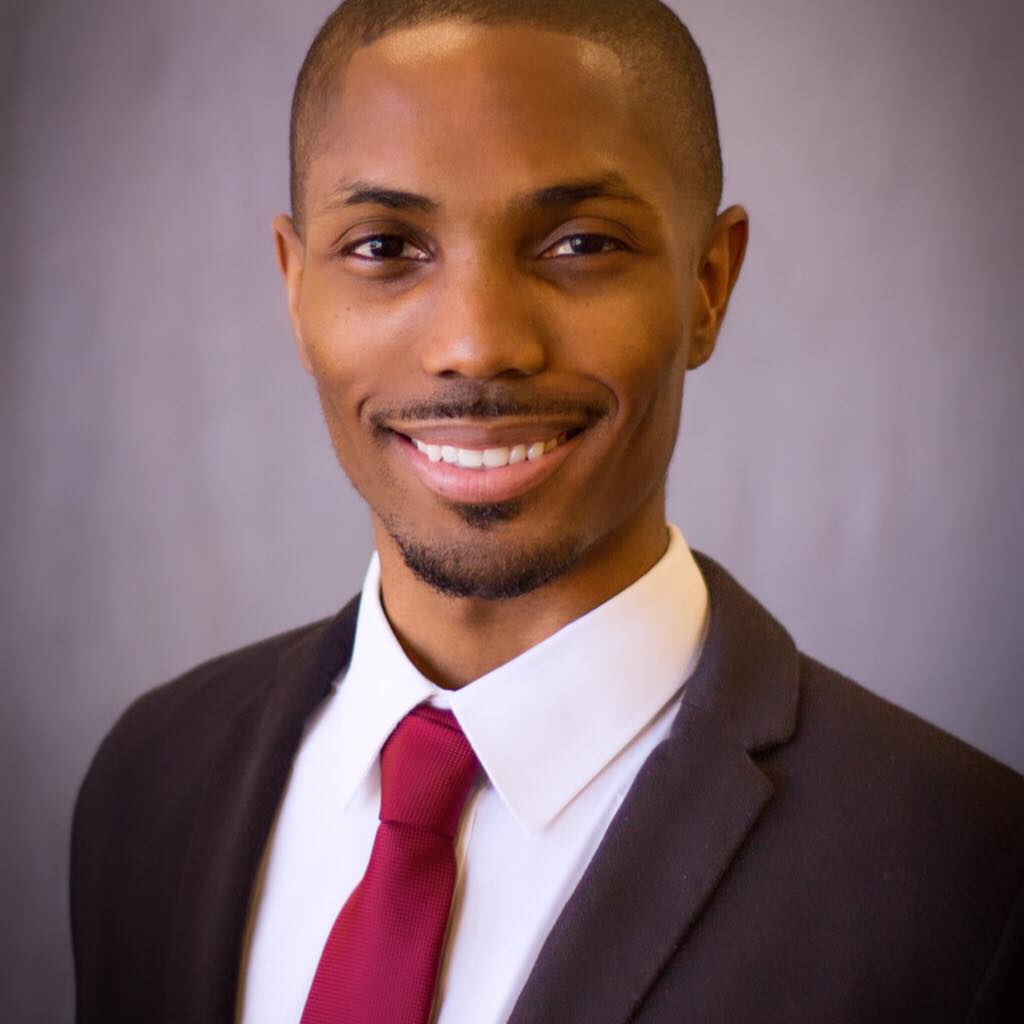
Looking back to when you started, is there anything you would like to change?
I genuinely love what I do, and I wouldn’t change being a doctor for anything. While the journey was long and challenging at times, I took both the highs and lows as a life-lesson learned. Would I do it all again? Absolutely, in a heartbeat.
What do you consider your biggest professional success so far?
Besides matching at a top ophthalmology residency program, my biggest professional successes have been being featured in Forbes and being on NBC’s Today Show showcasing Black Men in White Coats. Both granted me the platforms to share my love of medicine with the world, in effort to increase diversity in healthcare overall.
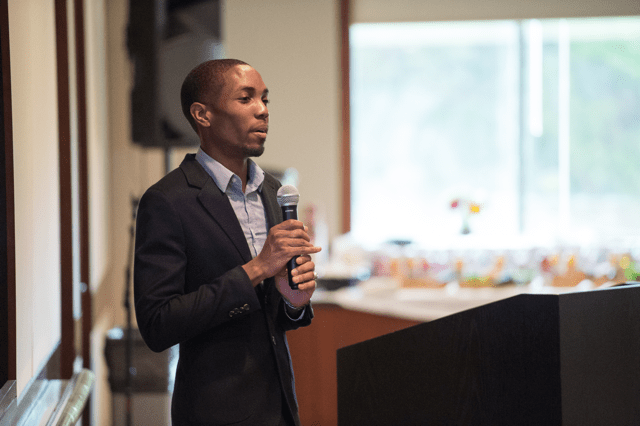
Who do you want to work with that you haven’t yet?
While I’m extremely passionate about helping underserved and disadvantaged communities, I’ve only been fortunate to do such on a local level. My goal both during residency and in my career is to travel abroad to countries especially in need of eye surgeons to help out various communities. I personally believe each of us on earth have been granted a gift to be shared with others, and I want to share my gift with the world.
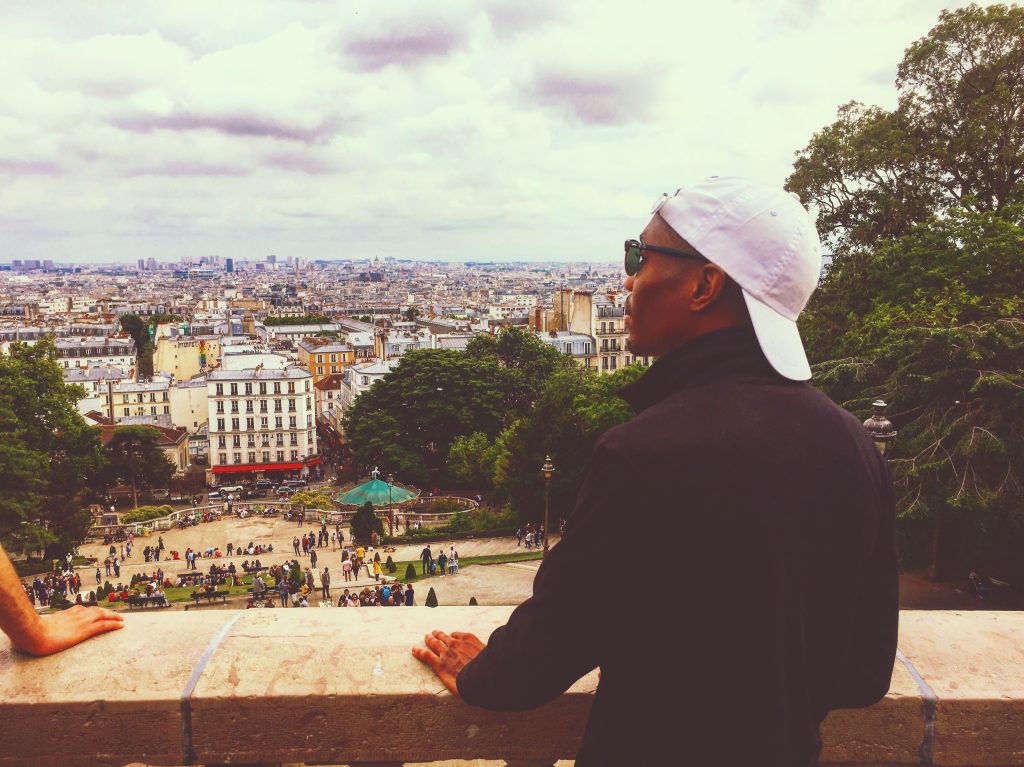
What has been your biggest challenge?
My biggest challenge in medical school was losing my father to prostate cancer. He passed during a critical time of medical school when I was studying for the most important exam of my life, USMLE Step 1. While his passing was a significant time of my life, I knew that my father would want for me to continue on with my medical education to become the best doctor possible. With that, I did well on USMLE Step 1, and I will continue to carry my father’s wishes and spirits throughout my residency training and career.
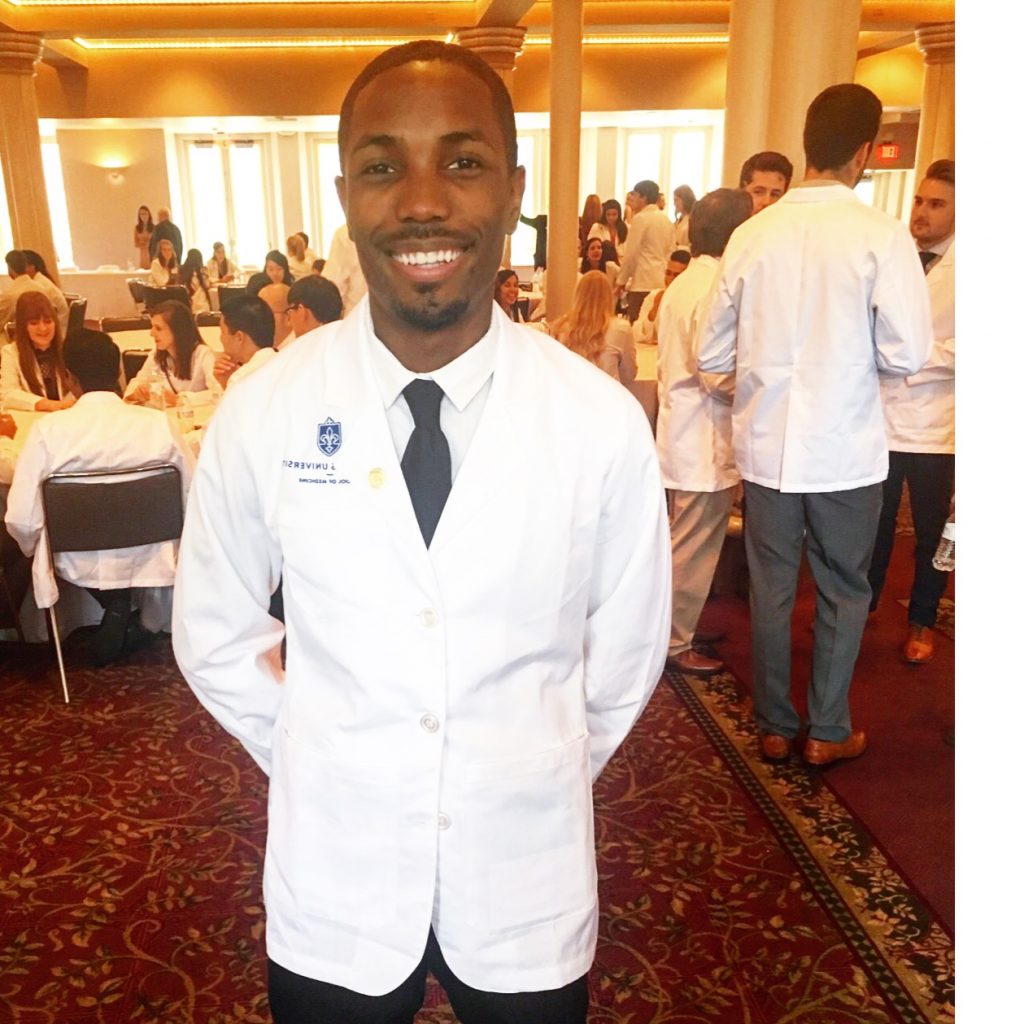
Tell us two things people don’t know about you?
- If I didn’t go into a surgical subspecialty, I likely would have became a Pediatrician. I love working kids, in that you can joke around with them, they’re very resilient and bounce back from most medical ailments, and it’s fulfilling to see them happy and healthy! Outside of surgery, pediatrics was 2nd favorite rotation while in medical school.
- My absolute favorite TV show is Bob’s Burgers! I’ve seen every episode dozens of times, and it’s still as exciting as my first time watching!
You are very active on social media. Do you think its important to be online and if so why?
I think that having a social media presence can help out in the world of medicine, especially in the form of networking. I’ve landed numerous opportunities simply by others coming across my different profiles. I’ve also been able to develop strong relationships with my mentees via social media. Being online does have its responsibilities, as you must remember to keep things professional!
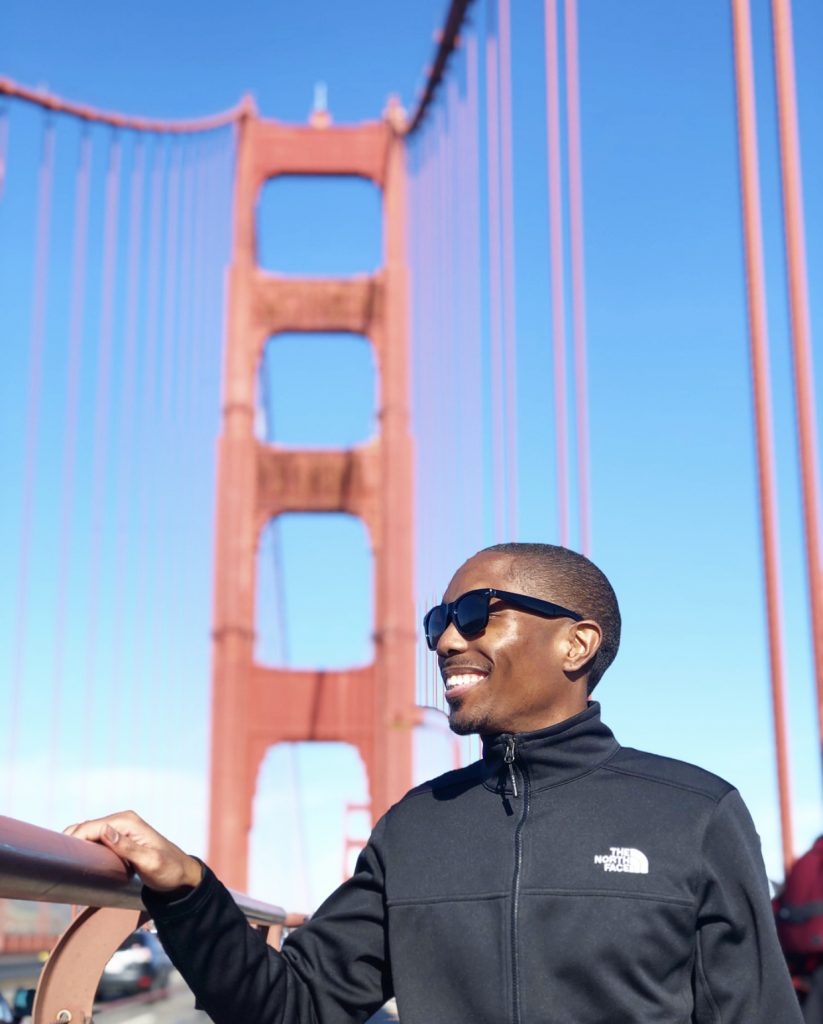
You are a native to Los Angeles, California, but soon moving to Iowa. How is that working out for you and are you looking forward to the relocation?
I’ve been very fortunate to have lived in several places across the country for different periods of times. I’m originally from Los Angeles, attended college in Dallas, and medical school in St. Louis. While in college, I spent a summer living in New Haven, Connecticut, and another summer living in Baltimore, Maryland. While in medical school, I completed two away rotations at Duke University in Durham, North Carolina, and Harvard’s Massachusetts Eye and Ear Infirmary in Boston, Massachusetts. With that being said, I can easily adapt regardless of my location. Although the move to Iowa will be different, I’m truly looking forward to it! I’m excited to explore the many things the state has to offer. I’m also eager to assess the healthcare disparities within local communities, so that I can contribute a helping hand in combatting them. When I interviewed for residency at The University of Iowa, I could easily see myself becoming acquainted with the surrounding Iowa City, Iowa.
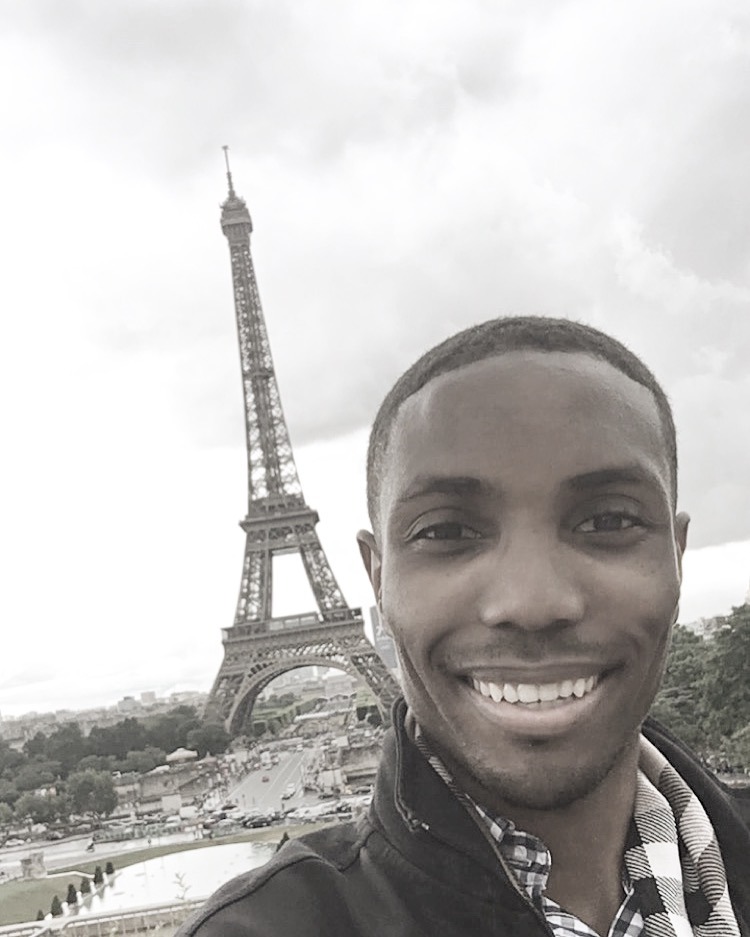
How would you describe your style?
My style varies from day to day, depending on the occasion. At work, I’m either wearing professional attire (dress shirt, tie, and white coat) or I’m in scrubs. At home, I’m usually in athleisure wear, as it’s very stylish and comfortable. I’m a firm believer of when you look good, you feel good, and I try to live this daily!
What styles appeals to you the most?
I truly love athleisure, in that it’s comfortable, stylish, and versatile!
I also love the business casual look of a fitting blazer, slacks, and dress shirt with no tie. This is often my attire when I travel, or when I’m giving a speech. I feel confident, and look great!
Additionally, you can’t go wrong with a nice pair of jeans and a fitted polo, t-shirt, or patterned button-up shirt.
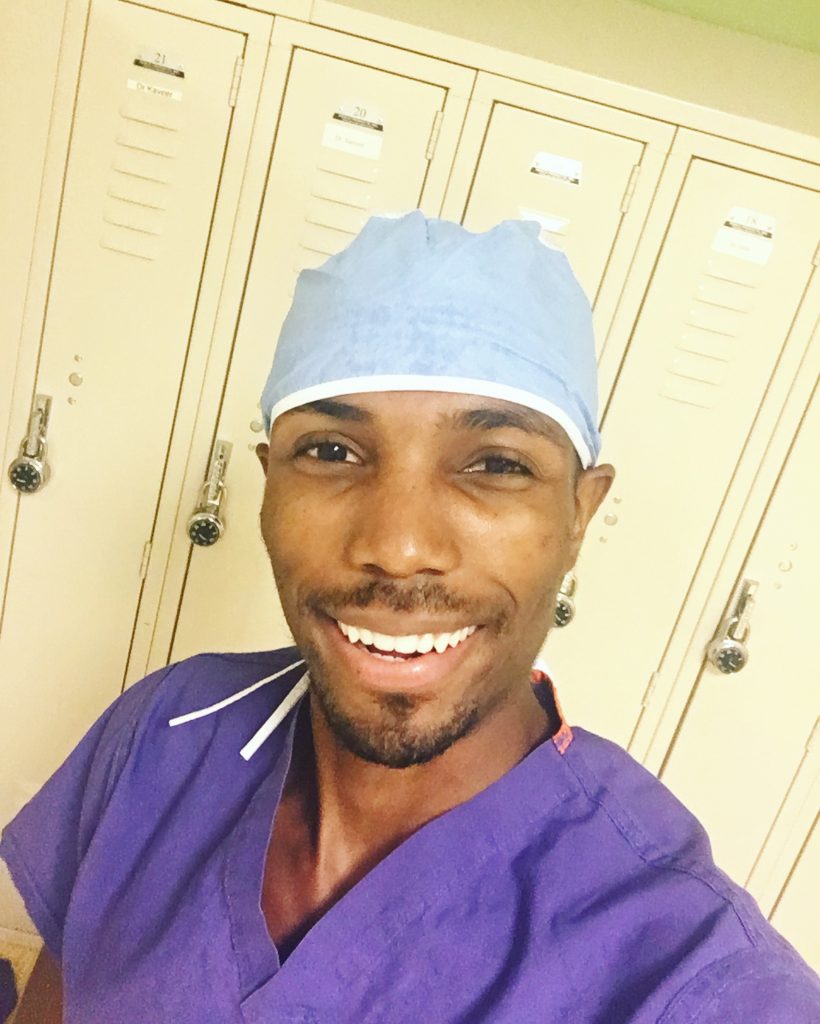
Name your must have accessories/essentials?
Apple Watch! I love my Apple Watch in that I can quickly receive phone notifications, reply to texts quickly, and can monitor my fitness progress. It was an essential item during residency interview season, as I would need to respond to emails quickly to receive the preferred interview date.
I honestly don’t wear/use a lot of accessaries.
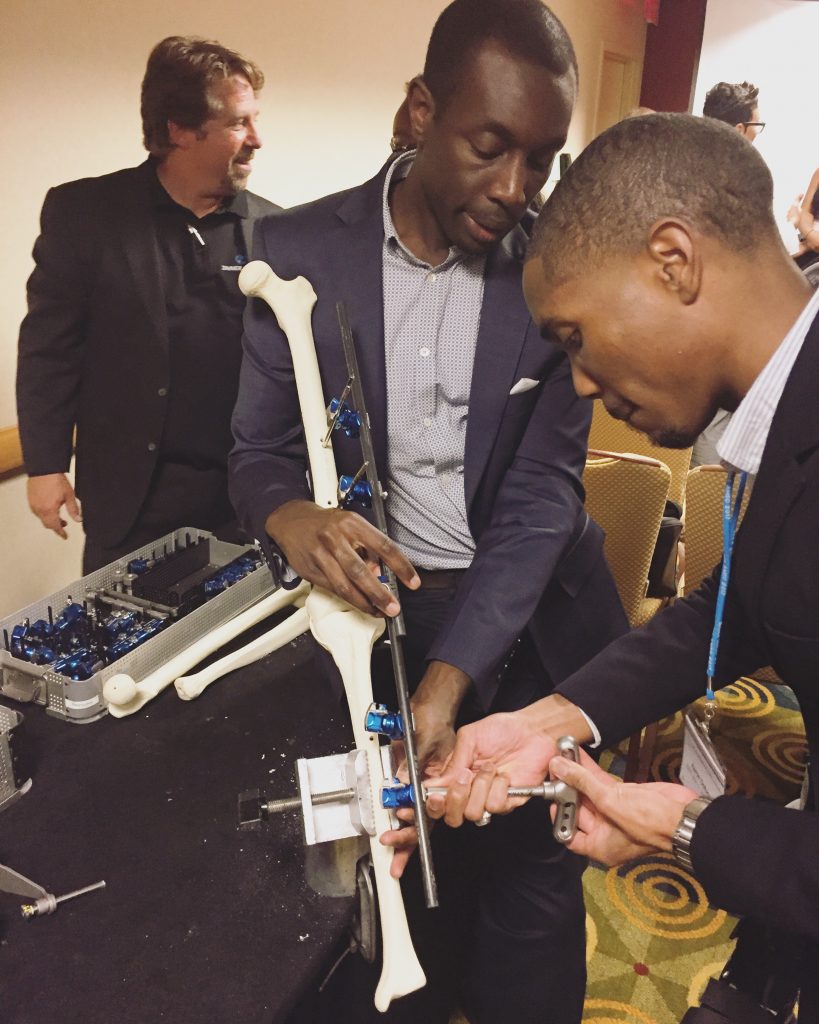
What is your favourite dish?
Absolute favorite dish is seafood gumbo! It’s a delicacy in many black American families, especially during the holidays. A hot bowl of gumbo can bring back so many wonderful memories!
What artists are currently on your music playlist?
Majid Jordan, DVSN, SG Lewis, Drake, PARTNEXTDOOR, Sonder, Sabrina Claudio, and Sohn, just to name a few!
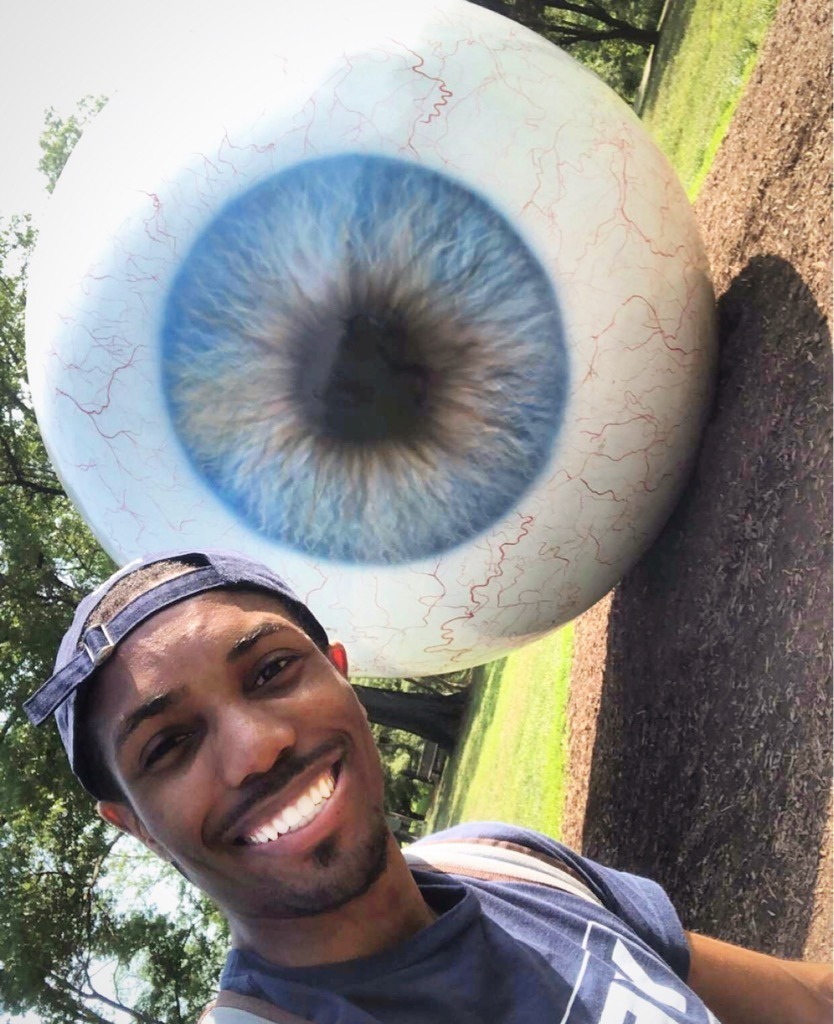
Apart from school, medicine, traveling, what other projects are you currently working on?
Outside of medical school, I’ve invested a significant amount of time into mentoring the next generation of doctors. I often find new mentees via social media, and I help them in any way possible, whether that be critiquing personal statements, doing practice interviews, or by providing advice during their application/interview process for medical school. Through this, I’ve helped several student successfully matriculate into top medical schools, with a few mentees earning tremendous scholarships. Seeing my mentees happy and prosperous means the world to me.
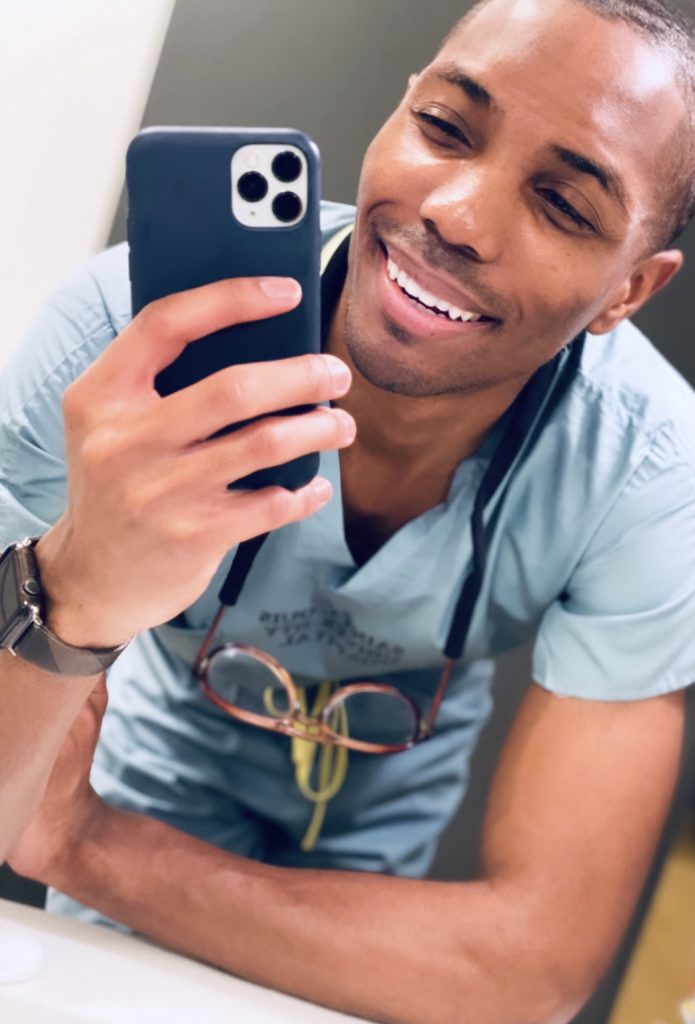
Seeing you’re doing your dreams, what advice can you give others to pursue their dreams?
No matter how tough the journey becomes, keep going! You will have highs, and you will have lows, but taking each experienced as a lesson learned will help progress you throughout life. I wouldn’t have made it to where I am today without the help of several people. Don’t be afraid to ask for help. Be as organized as possible, develop a plan, and stick with it! Make adjustments accordingly, if needed, but don’t lose sight of your end goal. The journey is JUST as important as the end destination, so enjoy both of them!
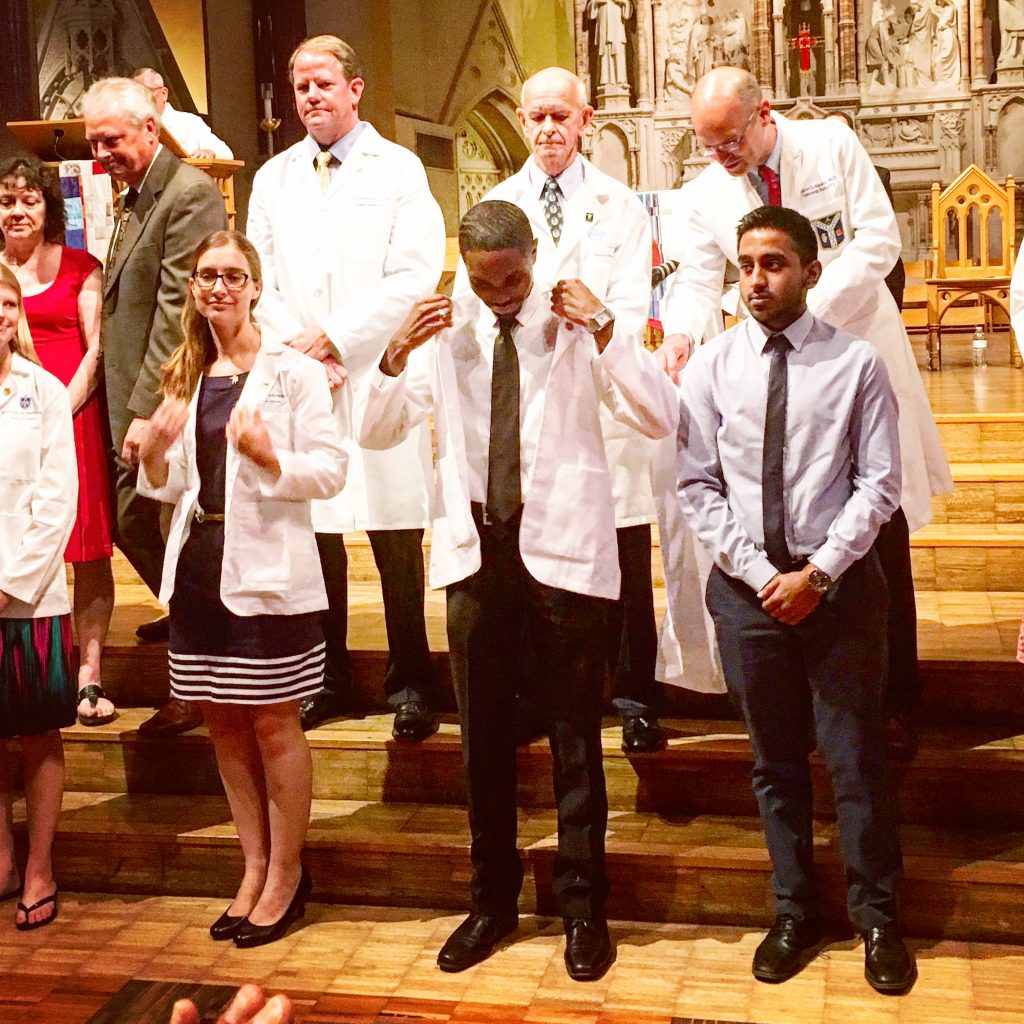
Any specific plans for the future?
My end goal is to become a ocular and facial plastic & reconstructive surgeon, also known as oculoplastics. This is an extremely competitive 2 year fellowship following the required 4 year ophthalmology residency focusing on traumatic, cosmic, functional, and reconstructive surgery of the eye, orbit, and face. This sub-specialty allows for the most versatility of surgical procedures within ophthalmology by bridging the gaps between ophthalmology, otolaryngology, neurosurgery, and plastic surgery.
Any final words?
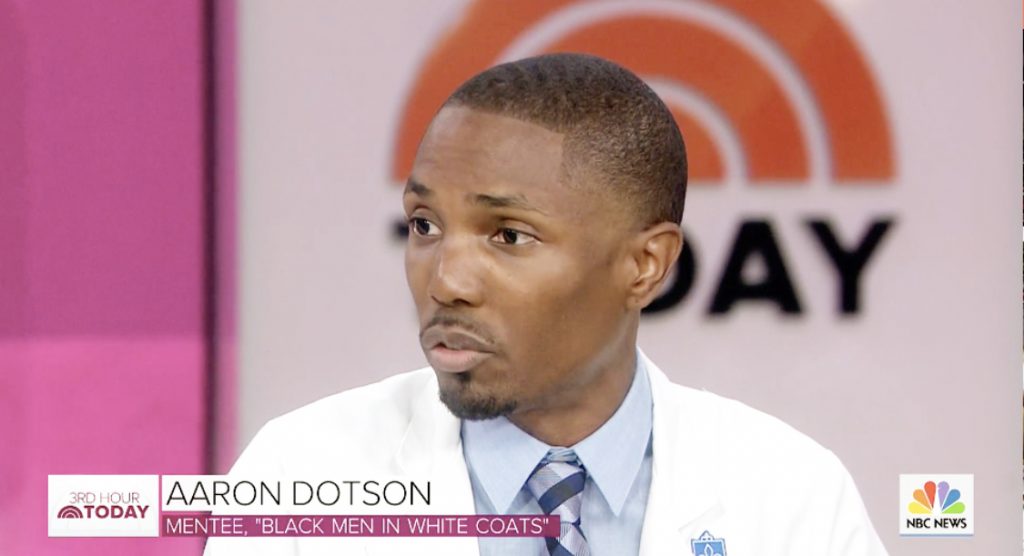
Chase your dreams, don’t give up, and live life to the fullest!
Where can we follow you online and on social media?
Feel free to follow me on Instagram as I will be documenting my residency journey! @Dr.D.MD


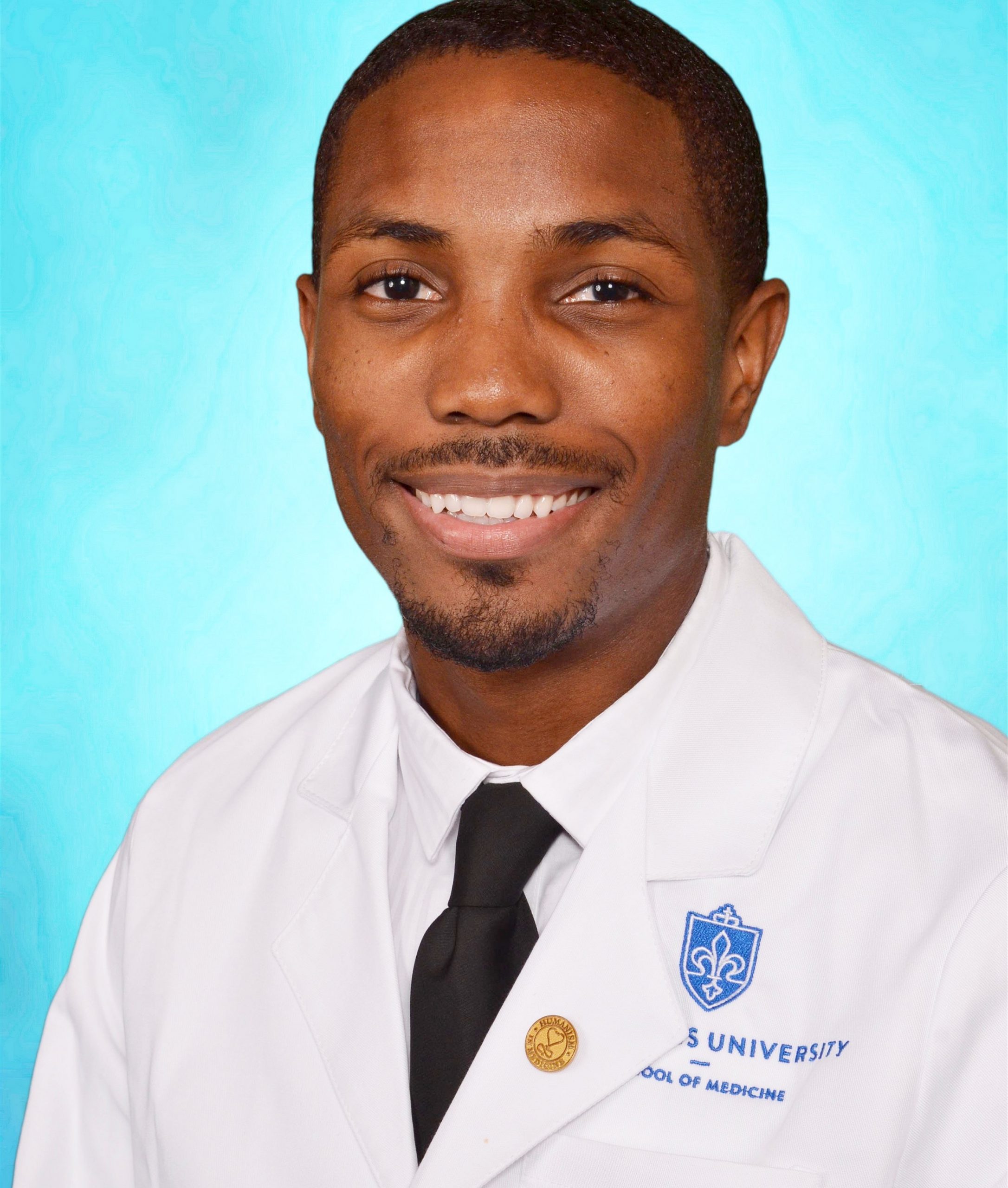
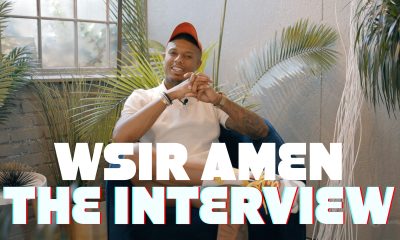
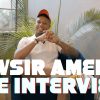
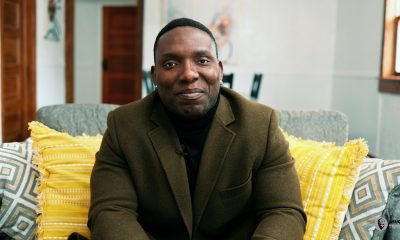
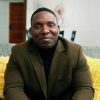
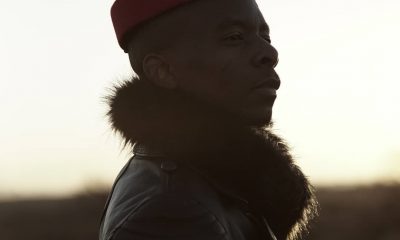
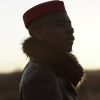
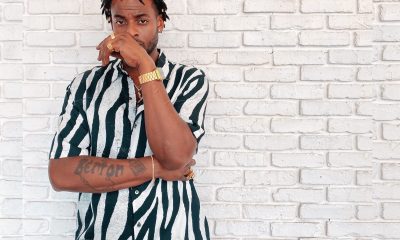
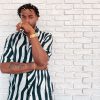


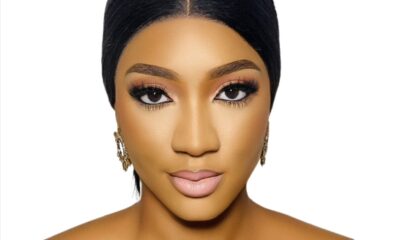
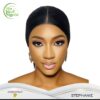


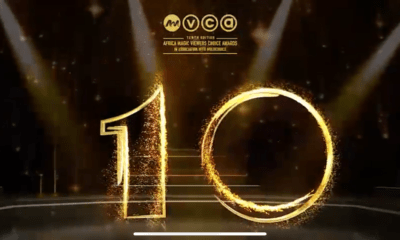



Recent Comments